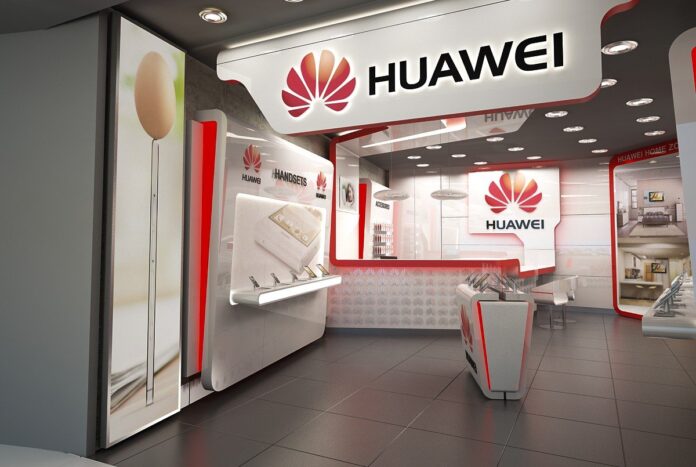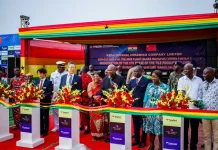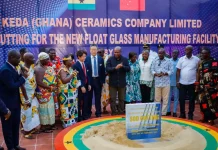JOHANNESBURG, South Africa, November 25, 2021/ — Research shows that the extensive application of ICT enables a range of industries to significantly reduce their carbon footprint. By 2030, ICT will be help industries reduce carbon emissions by 12 Gt, a figure almost 10 times the ICT industry’s total global carbon footprint today.
Clearly, ICT is playing an increasingly important role in addressing global environmental issues. Indeed, its implementation not only promotes energy conservation and supports emissions reduction for industries, it also improves the efficiency of renewable energy use, working to mitigate the causes of climate change.
Huawei is committed to tackling global environmental problems through technological innovation, creating a greener future together with partners, helping people to live in harmony with nature. With its stated vision of “Tech for a Better Planet,” Huawei has put into practice its environmental protection principles, reducing its own carbon emissions, increasing the use of renewable energy, and promoting the circular economy.
As noted earlier, Huawei was named an A-List company by CDP in 2020, for its actions to combat climate change — this denotes a leadership level, above and beyond both the industries and regional averages.
Huawei works hand-in-hand with customers toward these goals. Emaar Properties, the largest real estate developer in the Middle East, used Huawei’s all-optical campus solution to develop the 6 square kilometer Dubai Creek Harbour project. Huawei’s solution helped Emaar reduce equipment room space by 80%, lower energy consumption by 30% (approximately 130,000 kWh of electricity each year), and reduce approximately 62 tons of carbon emissions, equivalent to planting more than 2700 trees (according to the Huawei Financial Report 2020).
Singapore is one of the world’s key data hubs, with a total data center capacity approaching 400 MW, the highest figure in the Asia-Pacific (APAC) region. Indeed, Singapore’s data center energy consumption is far higher than the global average, which is leading to the linear growth of Singapore’s carbon footprint.
Local player 1-Net is a data center carrier quickly becoming the preferred data center partner in the market. To match Singapore’s overall energy strategy, as well as meet its rapidly growing service requirements, 1-Net urgently needed to build a green data center to reduce its carbon footprint and improve data center operational efficiency: requirements that traditional data center energy solutions were unable to meet. 1-Net chose Huawei, a long-term reliable partner, to conduct architecture research, requirement analysis, and solution design.
The supplied solution will help 1-Net save 11.2 million kWh of electricity-generating SGD14.4 million (approximately US$10.87 million) of additional revenue — over a 10-year span. The flexible solution also reduces the initial investment required in terms of power supply and distribution by 40%.
James Yeo, 1-Net’s Data Center Facility Manager, said: “We are looking forward to working with Huawei to build more intelligent and green data centers in the future, which will contribute to the digital economy and low-carbon economic growth in Singapore and the entire APAC region.”
Distributed by APO Group on behalf of Huawei Enterprise.














































